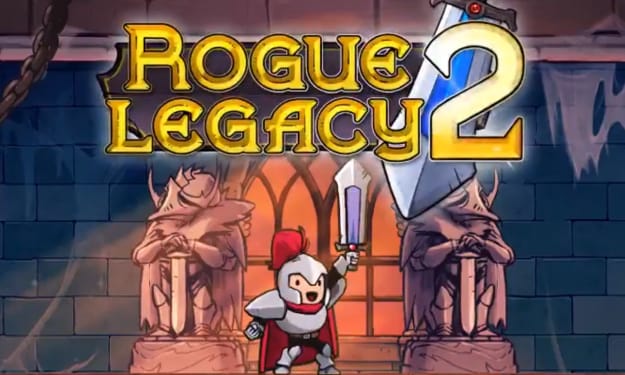Why Do Dogs Eat Grass? Is It Bad?
Find out why our canine companions munch on grass and other plants, and what that means for you as an owner.

What's the deal with our dogs eating grass?
If you or someone you know is a dog owner, chances are high you've seen a dog eating grass before. A common misconception about dogs' grass-eating habit is that they chew grass to soothe their stomachs when they're suffering from some intestinal distress; this actually might not be as true as it seems, as research has shown that less than ten percent of dogs appear ill before eating grass, and a rather small percentage of them actually throw up after the fact as well. So, what do we really know about why dogs eat grass?
There are a number of reasons why your dog might be eating grass.
Research has shown that there's a menagerie of reasons why your dog might want to chow down on nature's carpeting. From boredom to anxiety, here are a few potential causes for your dog to want some greens on his plate.
Anxiety.
Anyone who's ever owned a dog knows that our four-legged friends are just as (if not more) prone to anxiety as we humans are. And just as we humans do, dogs express this anxiety in a number of ways, such as chewing on grass. A good analog to understand this behavior with is the common human tendency to bite and chew fingernails when nervous or stressed. There's no logical or biological reason for us to do this, but we still do it simply for the calming effect. If your dog is stressed out, whether as a result of moving to a new home, separation anxiety, a new animal in the environment, or any other possible stressors, eating grass might just be your dog's way of keeping it together.
Nutrition.
While it may seem strange to directly link dogs (noted predators and meat-lovers) with grass on the food chain, it makes more sense than you might realize. Dogs, like many animals, need roughage (essentially just fiber) in their diet to aid with digestion. While they cannot digest the roughage itself, it helps them digest their other food and helps waste pass through the gut smoothly and effectively. Even wild wolves partake - examination of wolf stool samples showed that a significant portion of wolves regularly consume roughage of some kind. A fun (and gruesome) fact about wolf and wild dog plant consumption is that, oftentimes, the plants wild canines eat come directly from the stomachs of their prey - kudos to canines for not wasting a scrap!
Boredom.
Just as dogs and humans can both get anxious at times, we can also get bored. Observation has shown us that when bored out of their skulls, dogs will eat grass simply for the fun of it. While it might not be the most nutritious snack around, it's definitely plentiful and flavorful! Just like people chew gum for a little stimulation and flavor, dogs do the same. Some dogs have even been shown to be something of grass snobs - eagerly consuming fresh grass in the spring and turning their noses up at the shriveled remnants left behind in the fall and winter seasons.
Cool, but is it good for them?
Complicated question. While eating grass has its purposes for dogs, be they psychological or biological, it can potentially harm them. Pesticides used to treat lawns or chemical runoff can contaminate grass, making dogs who eat it sick. Chemicals can pose a potentially life-threatening danger to dogs, so if you have a furry friend of your own, it is strongly advised that you switch to less caustic means of taking care of your lawn and house.
In addition to chemicals on the grass, parasites can also find their way into your dog's mouth, usually in the form of ringworms or hookworms left behind by other dogs' feces. It's important to keep these potential risk factors in mind if your dog is a fan of eating grass.
How can I stop my dog from eating grass?
There are a few ways to prevent your dog from chewing the turf, but the most effective option probably depends on your dog's personality and your relationship with your canine comrade.
If your dog responds well to verbal cues, then a simple "heel" command or some negative reinforcement with a sharp chiding will likely be enough to help them kick the habit. The same is true for dogs who take positive reinforcement well - when your dog does abandon a nice tuft of green because you told them to, happy-sounding praise will make that all the more rewarding.
The same principle is true for any other disciplinary tactic - you can offer your dog treats in favor of grass, you can divert their attention with commands, or anything else that works for you and your fluffy pal.
If you don't mind your dog eating grass and would rather let them do their thing, then you should absolutely make sure they aren't eating anything that could be polluted or is likely to have parasites lying in wait.
About the Creator
Jack Bobb
Content, copy, and fiction writer just trying to make his way and have lots of adventures!
Enjoyed the story? Support the Creator.
Subscribe for free to receive all their stories in your feed. You could also pledge your support or give them a one-off tip, letting them know you appreciate their work.






Comments
There are no comments for this story
Be the first to respond and start the conversation.